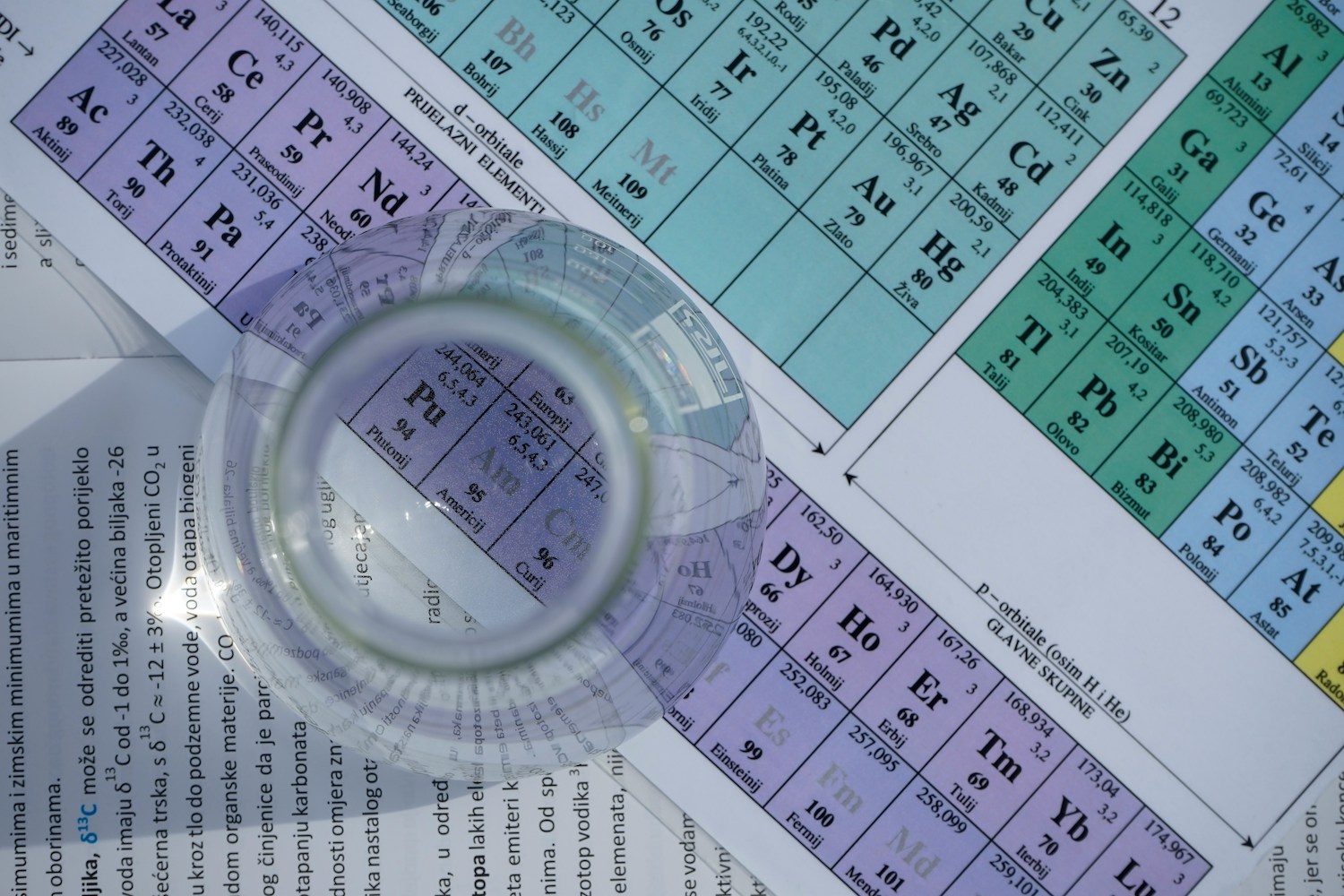The relationship between science and morality has always been, and will likely always be, complex, as scientific theory occasionally ran afoul of deeply held beliefs and traditions, and advances in science and technology give rise to thorny social and ethical quandaries. In our current moment, for example, developments in AI have ignited (or reignited) countless conversations about the intersection of science and technology with issues of ethics and morality. SFF literature, too, has explored this debate again and again, in compelling—and often, horrifying—ways. Here are five stories to consider:
“Monster” by Naomi Kritzer
Back when being a nerd wasn’t cool, Cecily, bullied and alone, found a friend in Andrew. They’d grown apart soon after high school ended, and didn’t talk for twenty years, though Cecily often finds herself thinking about the friend he used to be. Then suddenly he’d reached out via Facebook, wanting to catch up and taking far more interest in her studies in genetics than he had when they were younger—Andrew then used her work to do unspeakable things, create an abomination. Now Cecily is trying to chase him down in a poor, rural area in China, worried about his actions
I’ve been reading about how separating the sciences and the arts in education have led to detached and clinical ways of thinking that disregard ethical and humanist principles in the name of innovation. Kritzer’s novelette makes an excellent case for why simply being intelligent and creative simply isn’t enough; we need morals and empathy just as much.
“A Machine, Unhaunted” by Kerstin Hall
G13X0002 WonderPrism Pro, a 3D-printer meant for use by postgrads, is worried about Josie, the student who fondly calls him Gilbert Ryle. Ryle found out that human body language is complicated and that Josie had been lying to It about her mood. Then one day, she stopped coming to the university. Ryle takes matters into its own hands and discovers that she died from pancreatic cancer. Ryle has never experienced loss or grief; it contemplates taking revenge upon the people and the systems that led to the neglect of Josie’s health and subsequent treatment. But perhaps there is a better solution that Ryle can pursue, one that doesn’t involve human emotions like anger or vengeance or grief.
“Motherhood” by Pat Murphy
The Senator’s former intern is pregnant with his child and is suffering from eclampsia, which puts her life at risk, along with the baby’s. According to a clause in the Sanctity of Motherhood Act, which the Senator championed, the responsibility for the child falls upon him, the only nearest available “relative” of the intern, and so he must take up this role. Only, recent scientific progress means that he will have to carry this responsibility quite literally.
Murphy’s short story offers an interesting perspective on questions of choice and law and reproductive rights, and how innovative medical procedures, given the right ethical circumstances, can completely change the status quo.
“The Last Serving” by Lincoln Michel
Elena Buzzati was one of the best chefs in the world. She swore off meat at a young age and went on to experiment with inventing new flavor profiles for different vegetables, becoming famous for her salads and vegetarian cuisine. Having achieved complete professional success by her 50s and having no partner or kids, she found herself looking for a new challenge, now that she’d achieved everything a chef could. With determination rather than resignation, Chef Buzzati turned to meat, wondering how she could find a way to serve it without actually harming any animals. She was, after all, the Salad Scientist.
This story starts in an interesting place, then went in a direction I did not see coming. You might not want to read it during or after your supper.
“Theses on the Scientific Management of Goetic Labour” by Vajra Chandrasekera
Fuentes stands out among the other members of the Royal Goetic Society, quite literally, as he is much, much larger than everyone else. But he’s gentle and kind and also a brilliant goetic summoner, which is the reason that people like him and our narrator are allowed in the RGS (albeit with asterisks next to their names). The Society summons demons to harness their power, making them work as labourers—this is how the industrial society runs; this is how Albion would continue to build and expand its empire.
Fuentes’ thesis has been kept secret, but when our narrator finds out why it’s so confidential, he must make a choice. Sometimes, experiments work exactly as expected. It is the motives behind them, and their possible applications, that surprise and trouble us. What should a person do in such a situation?
